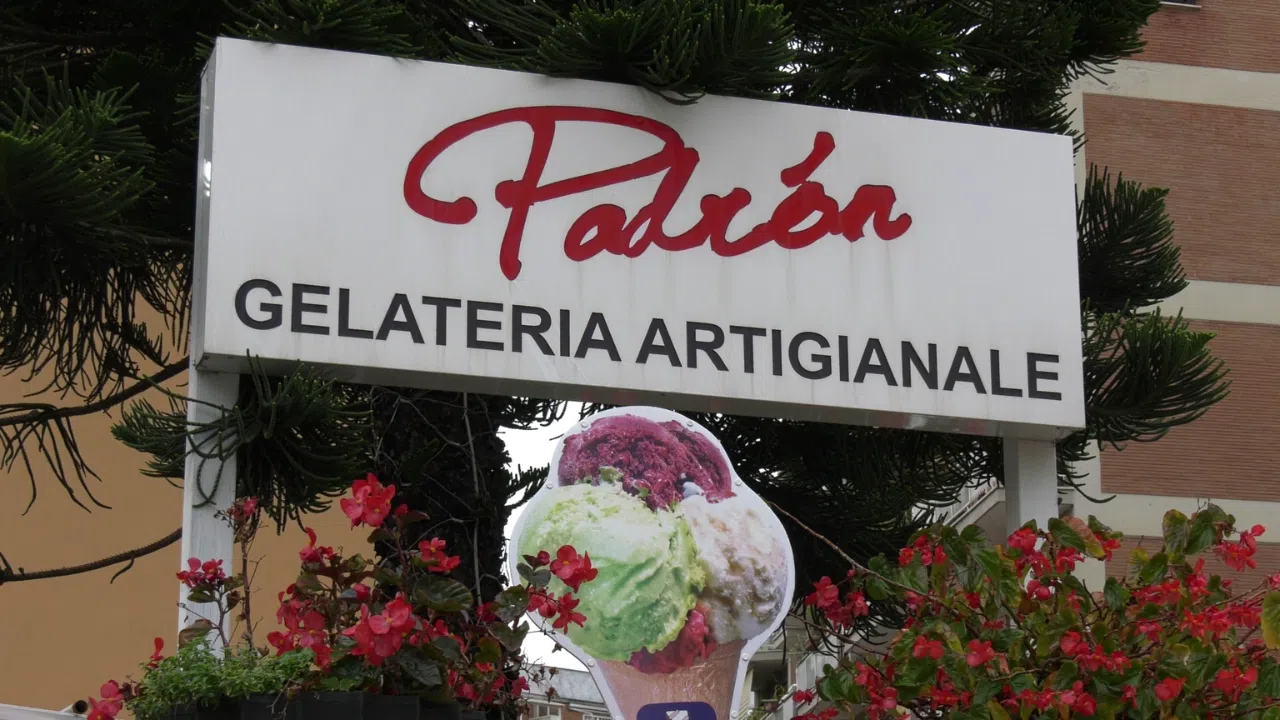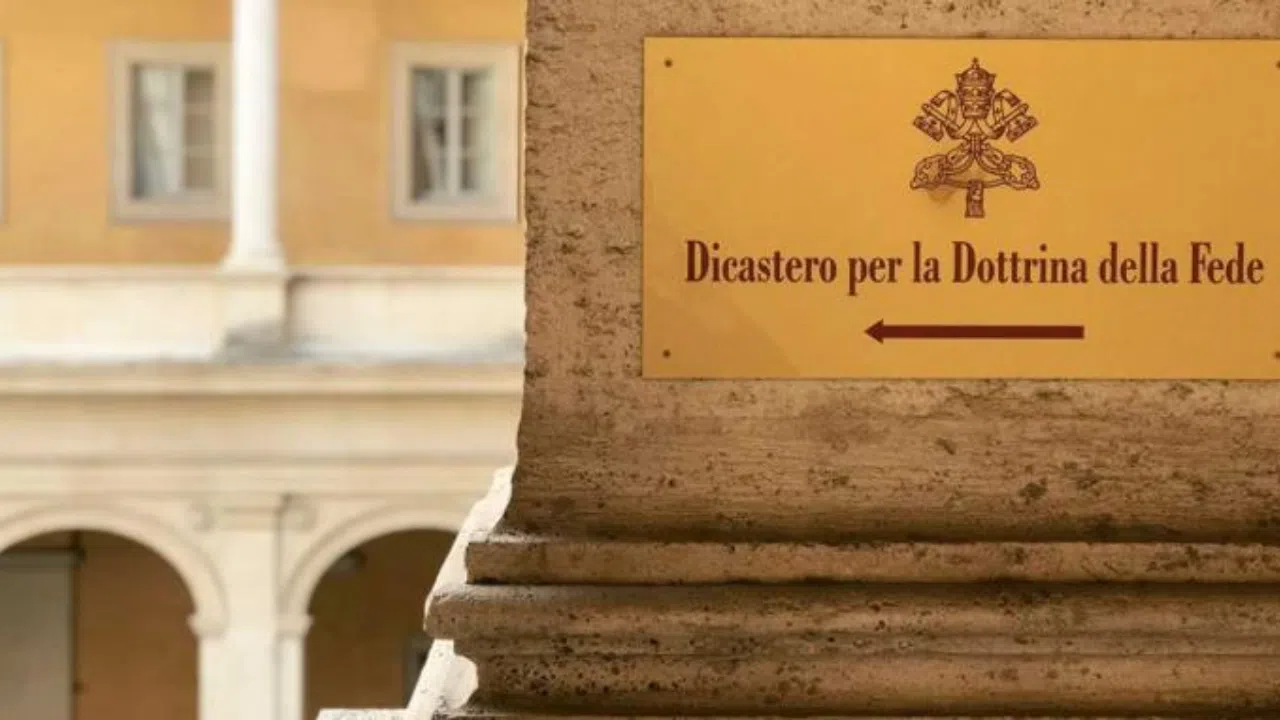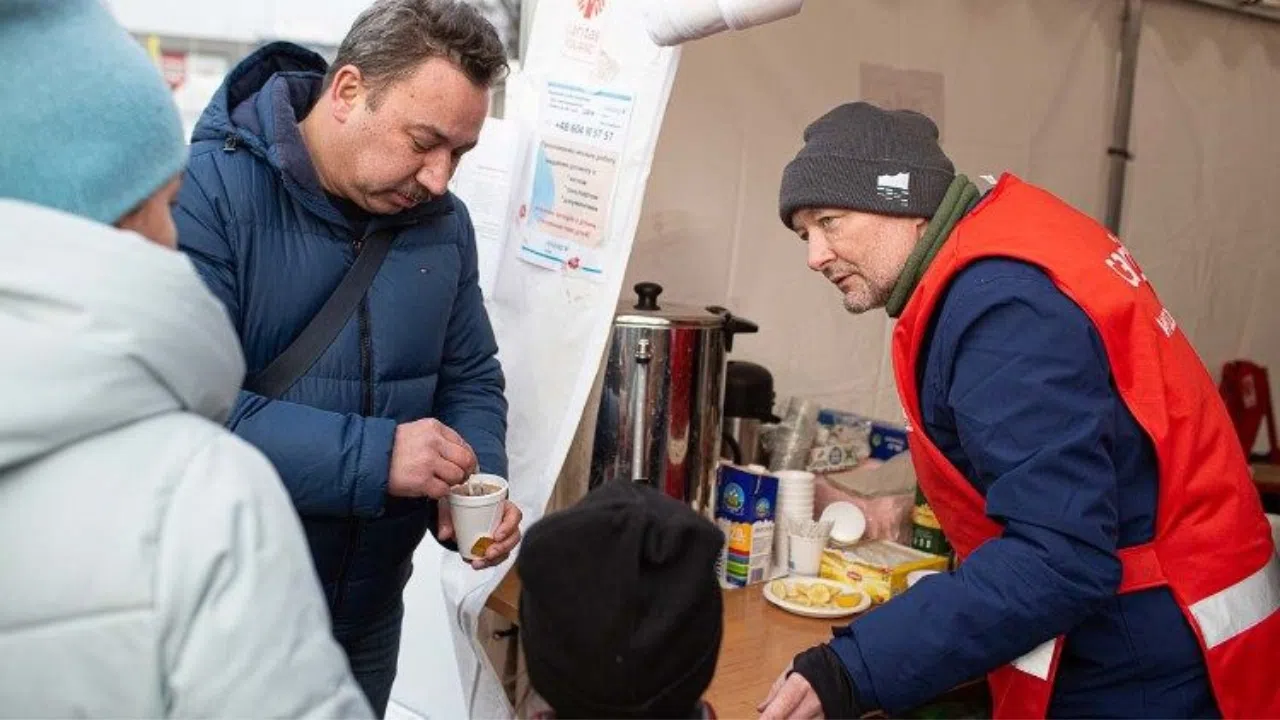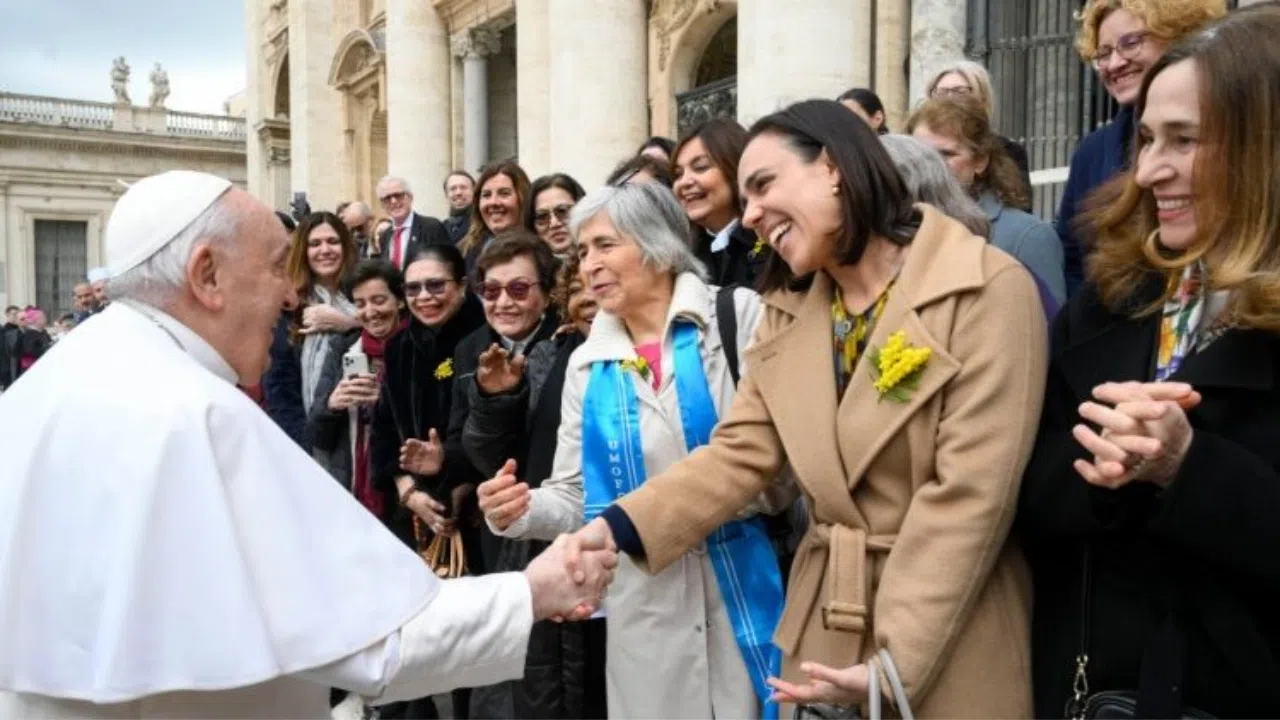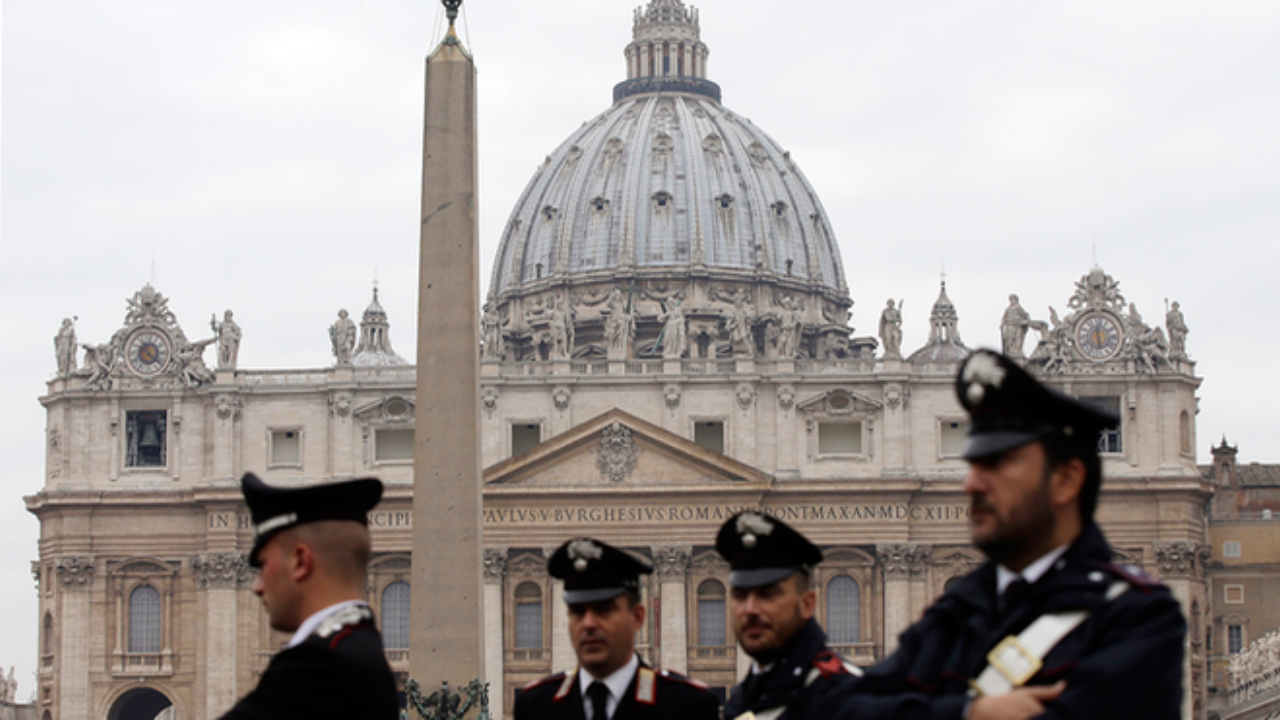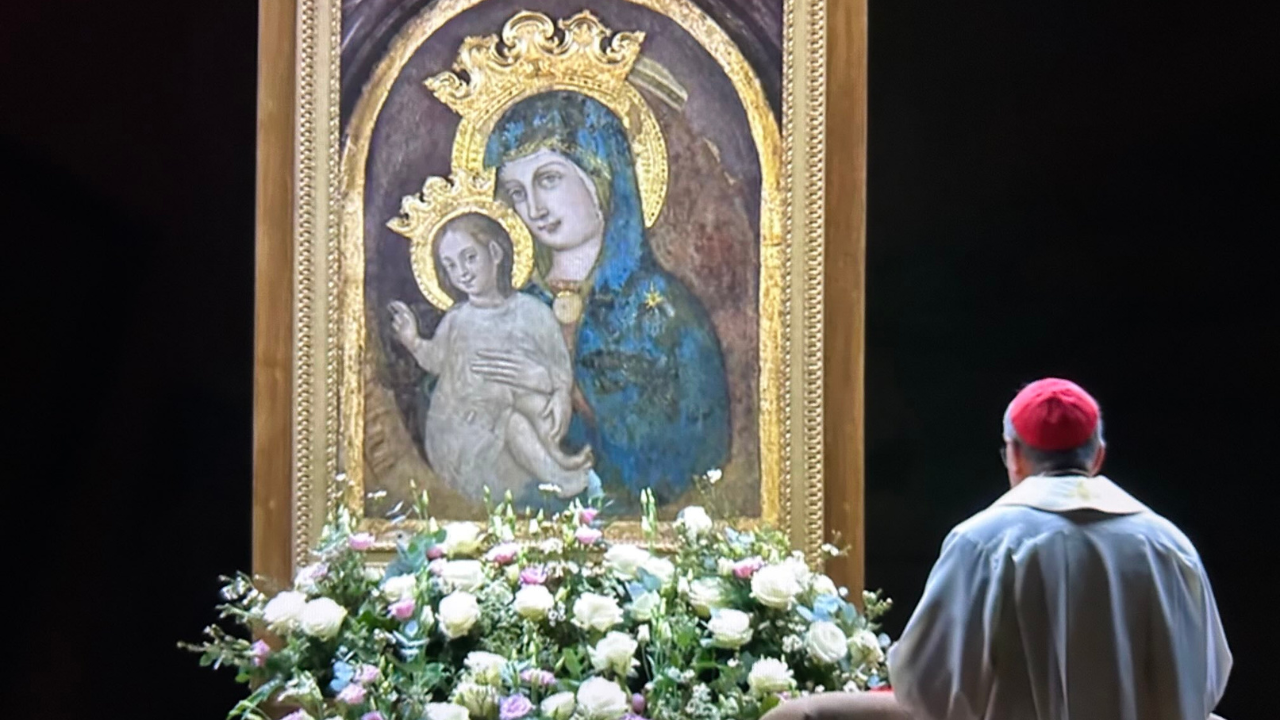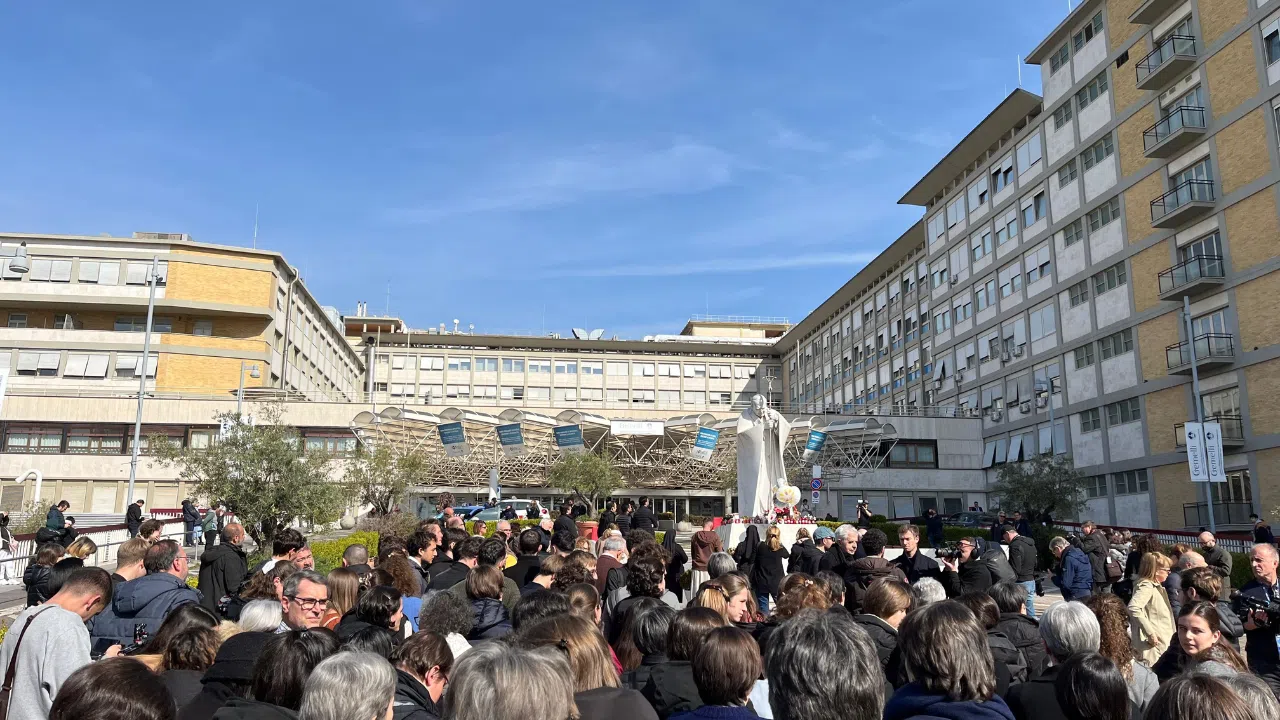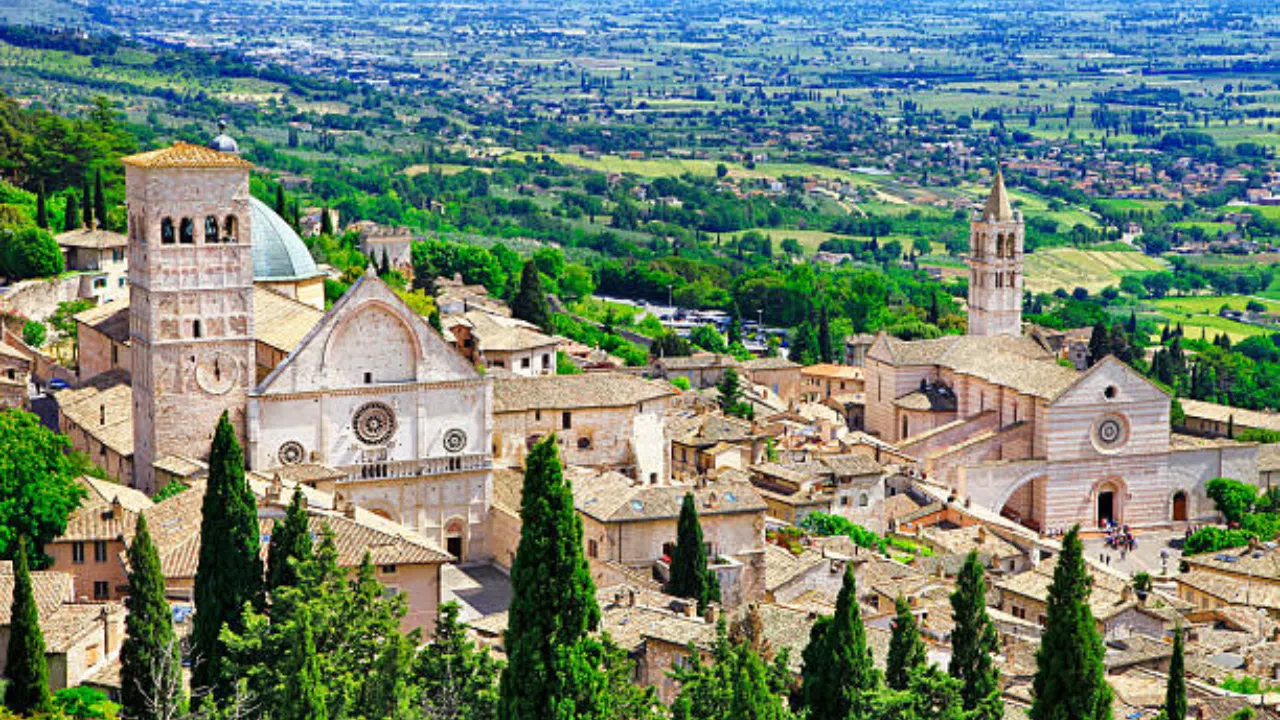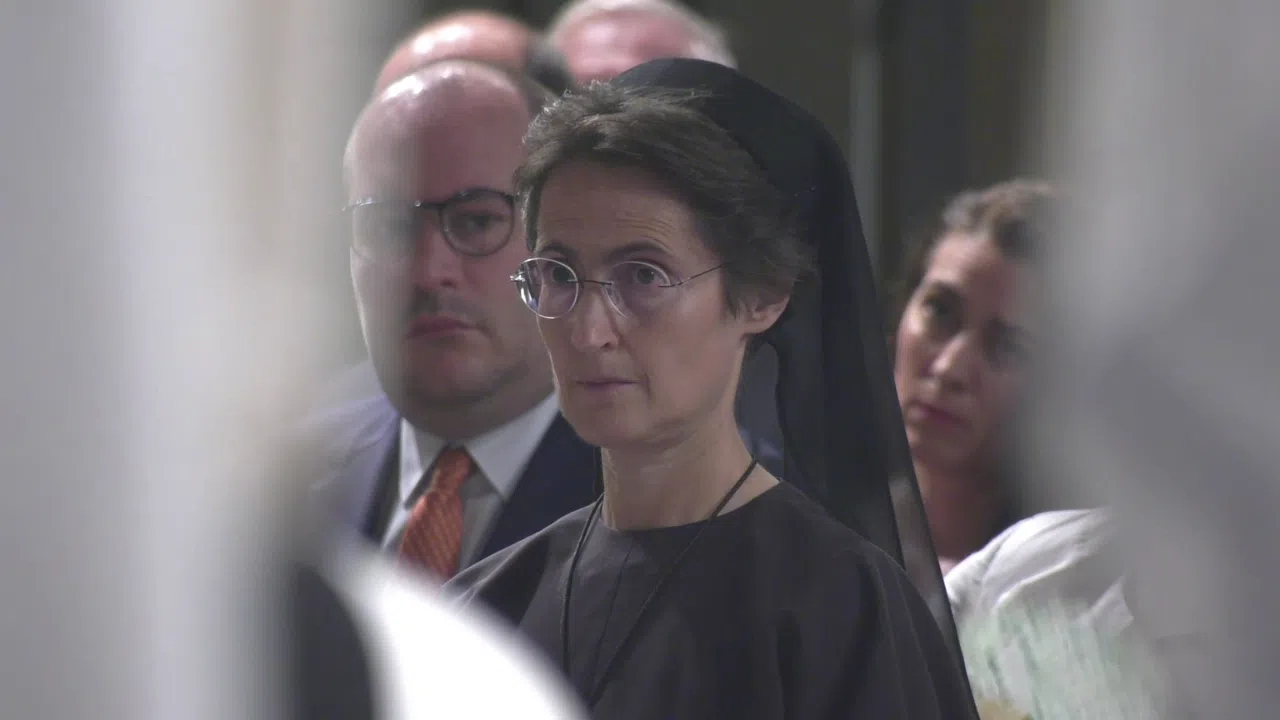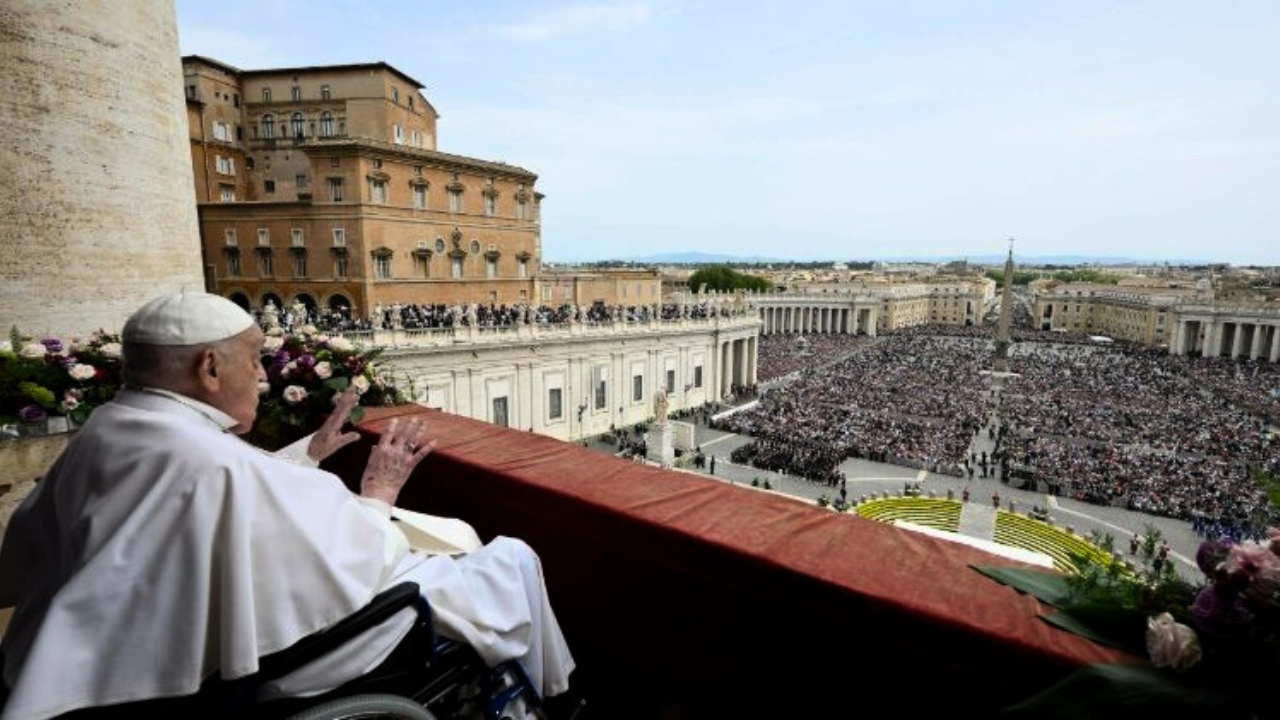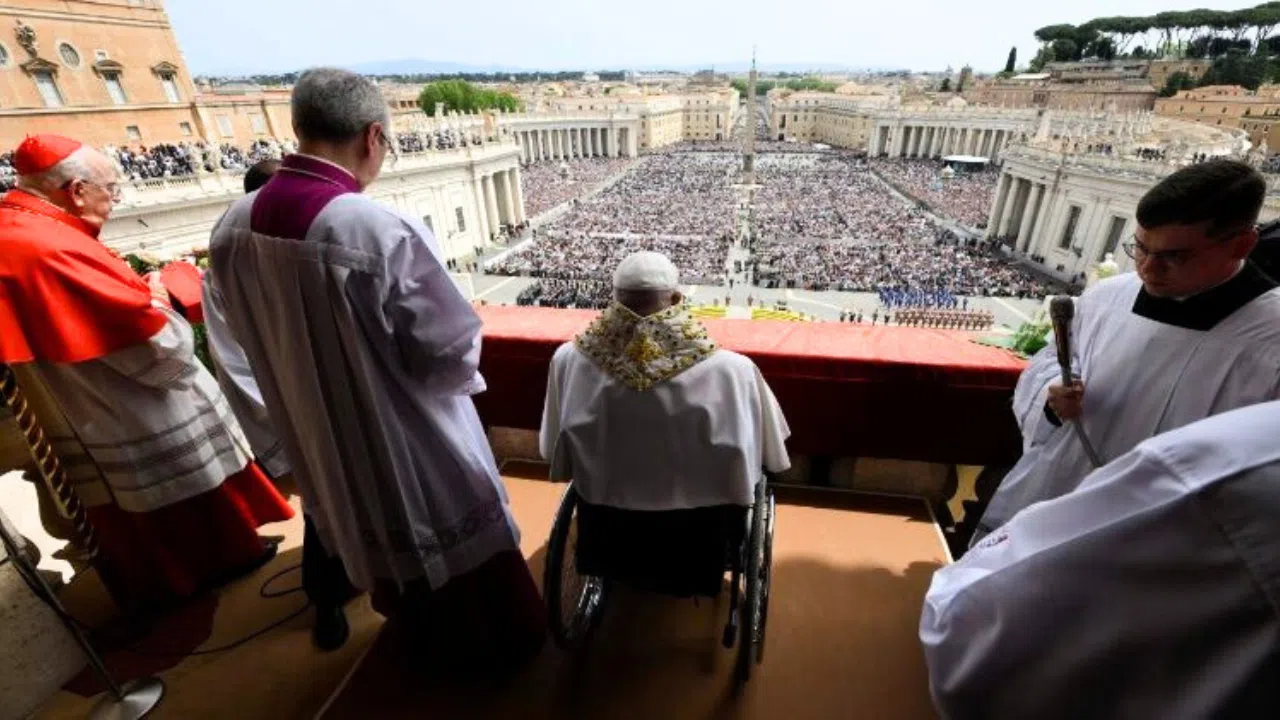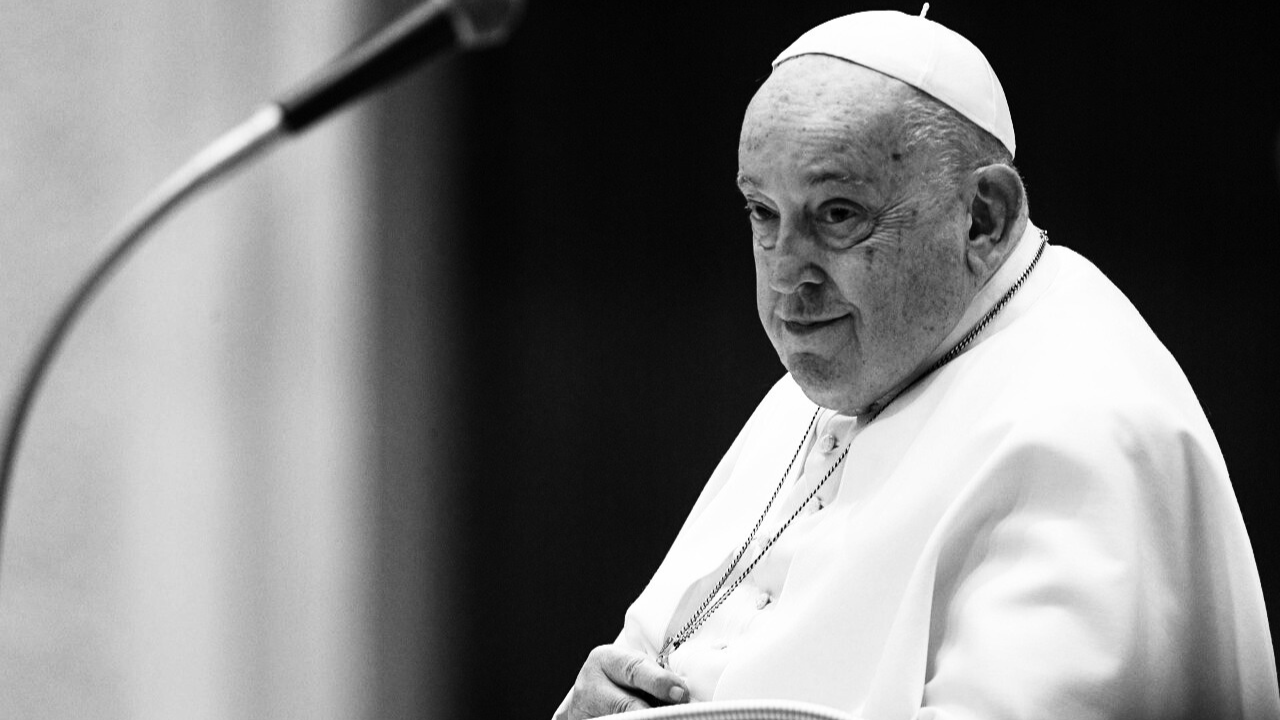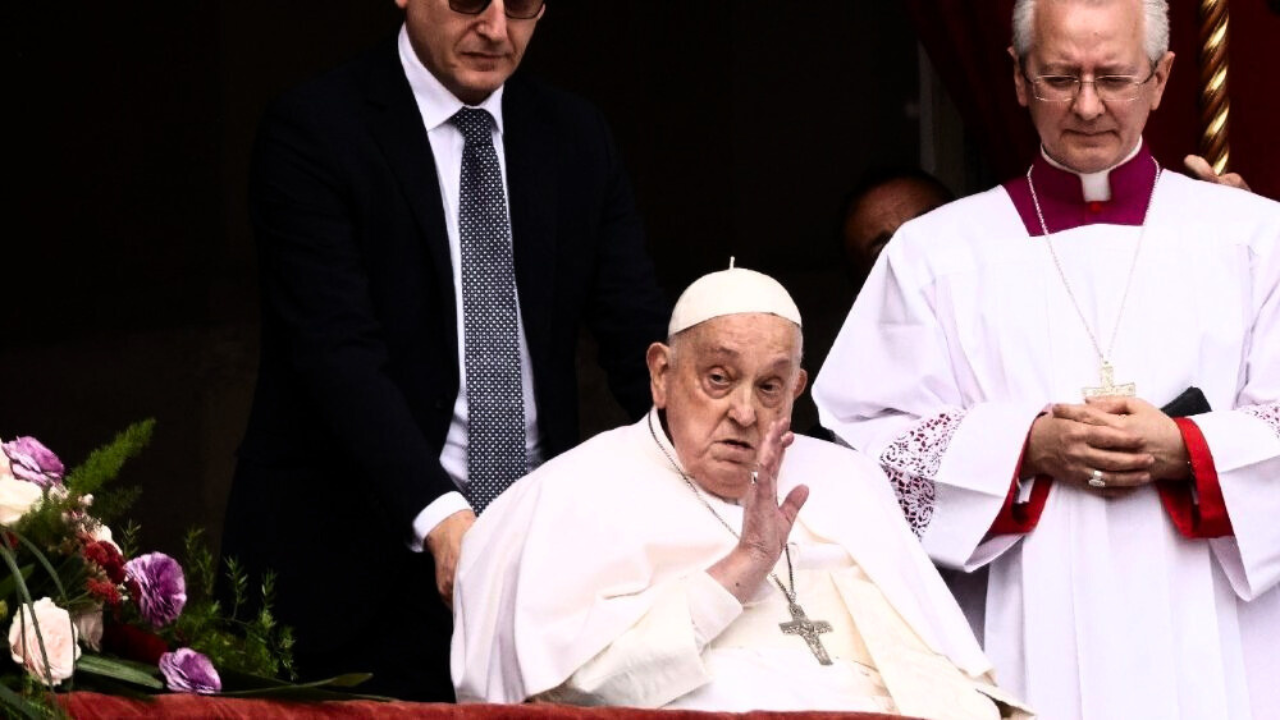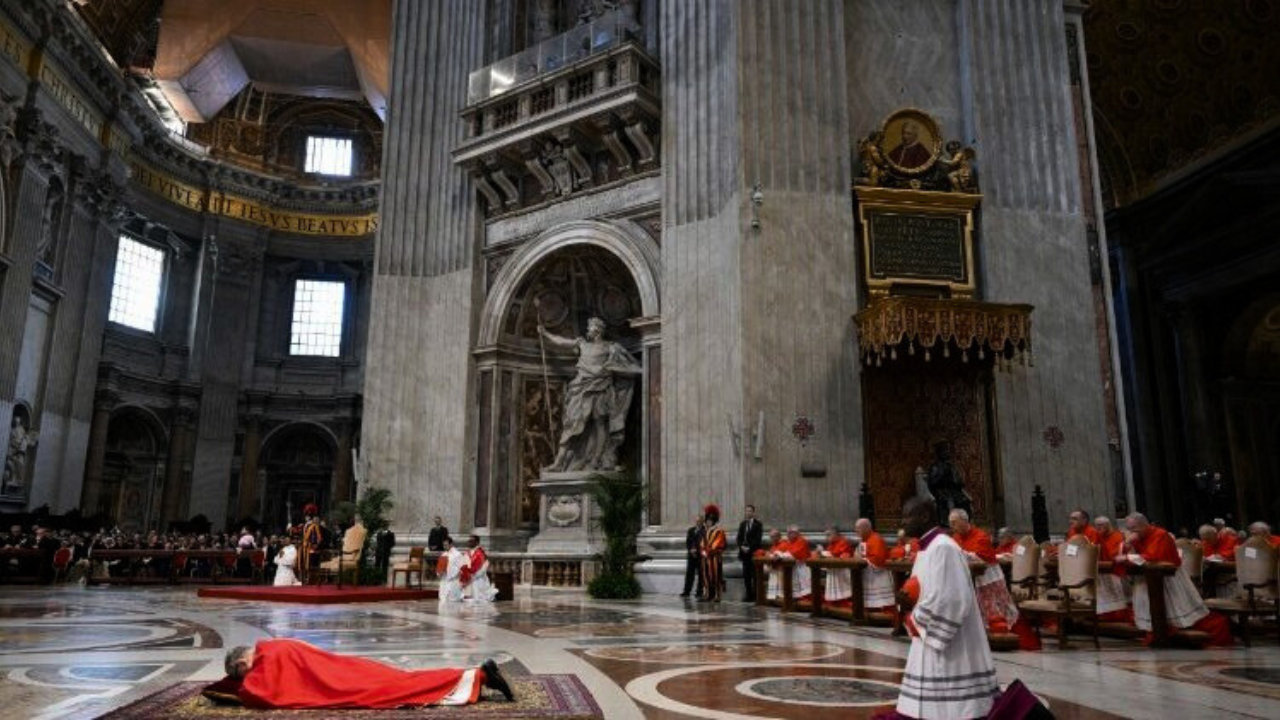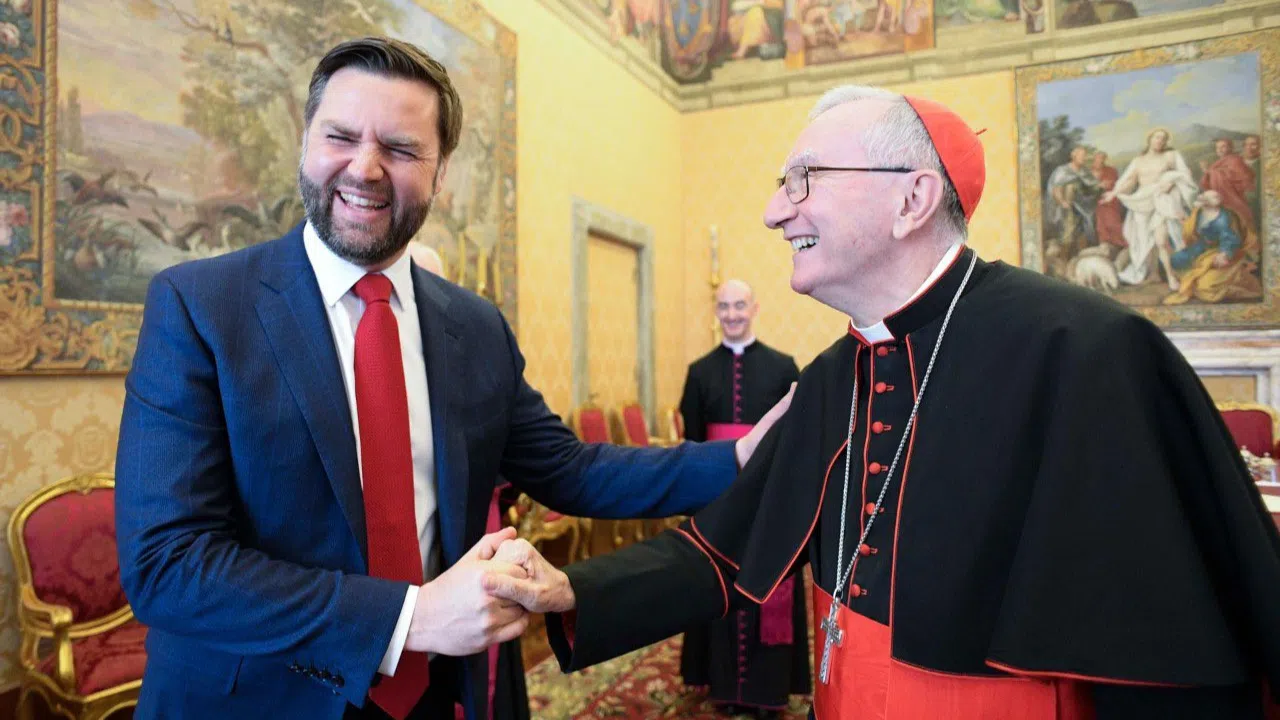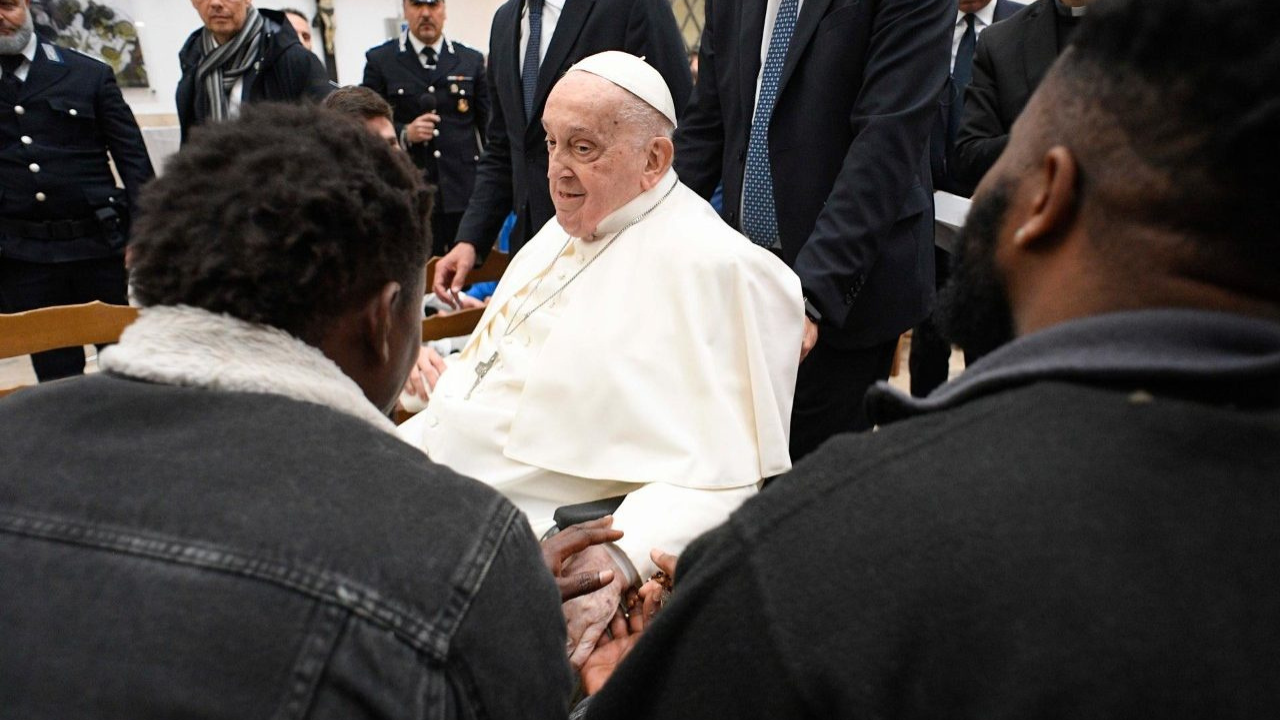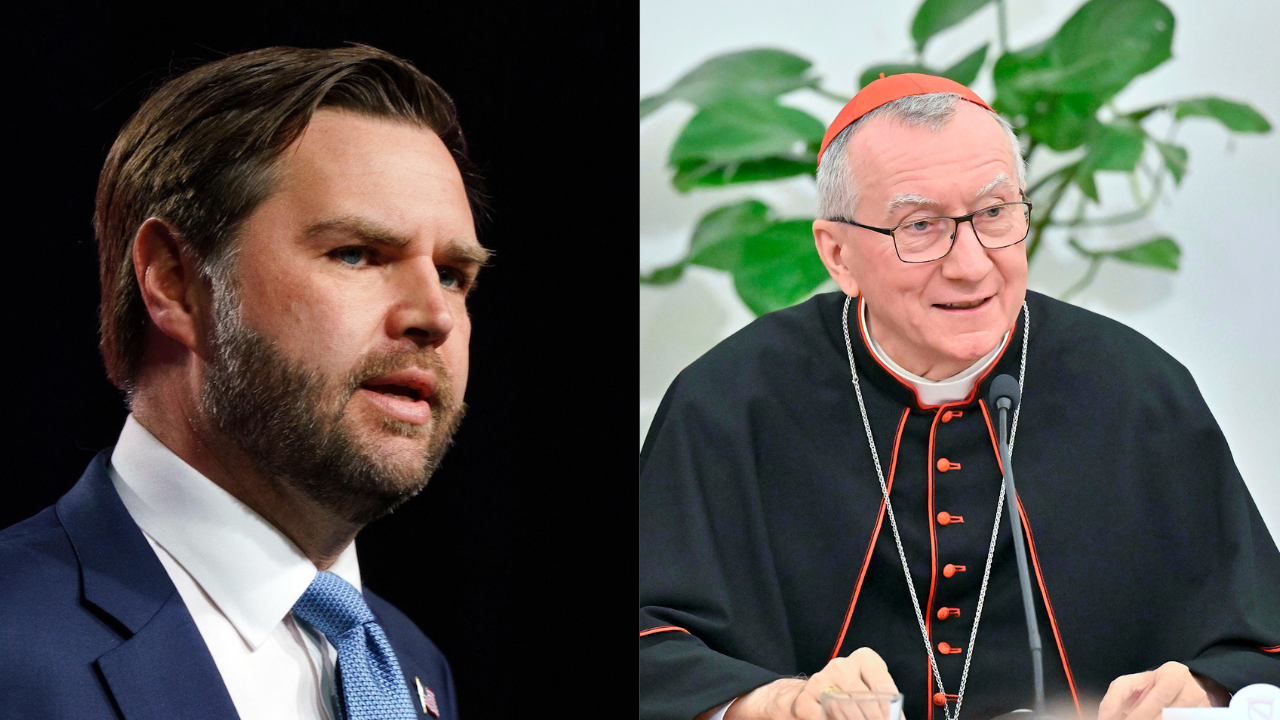WHAT IS INTERCOMMUNION?
The president of German bishops, Cardinal Reinhard Marx, and the archbishop of Cologne, Cardinal Rainer Maria Woelki, are meeting with the Vatican this week to clarify doubts involving intercommunion.
It involves deciding whether Protestant spouses of Catholics who have faith in the Eucharist may receive Communion.
WHY MEET AT THE VATICAN?
As its already practiced in Germany, Cardinal Marx, president of the bishops, prepared a pastoral guide to assist these couples in which he authorizes intercommunion “in some cases” and “under certain conditions.” For example, when they share the Catholic faith in the Eucharist and have explained their situation to the priest.
The guide was approved by two-thirds of the country's bishops.
The cardinal of Cologne, who voted against the guide, believes it involves a doctrinal issue and not a pastoral one, and that it cannot be unilaterally decided by an episcopal conference. Thus, he urged the Vatican to intervene and give clarification. Cardinal Marx, who had not been informed of the request, expressed his discontent and said he wished to personally explain the terms of the matter to the pope.
WHO WILL PARTICIPATE IN THE MEETING?
Pope Francis will not attend the meeting at the Vatican. It will be handled by high-ranking officials – such as the prefect of the Congregation for the Doctrine of the Faith, Luis Ladaria; Cardinal Kurt Koch, president of the Pontifical Council for Promoting Christian Unity; and Markus Graulich, under-secretary of the Pontifical Council for Legislative Texts.
WHAT HAVE POPES SAID ABOUT INTERCOMMUNION?
This woman asked Pope Francis about intercommunion during the Holy Father's visit to a Protestant church.
The pope admitted he had asked himself this question, and said theologians should give an answer.
POPE FRANCIS
“I ask myself: Is sharing the Lord's Supper the end of the path or the travel allowance to walk together? I'll leave the question to the theologians, who are the ones that know. It's true that in a certain sense, sharing is like saying there are no longer differences between us, that we have the same doctrine – I highlight that word, hard to understand. But I wonder, don't we have the same baptism? If we have the same baptism, we must walk together.”
In his encyclical Ecclesia de Eucharistia, John Paul II authorized non-Catholic Christians receiving Communion in “special circumstances” in order to “satisfy a grave spiritual need for eternal salvation of the faithful,” but he added that “intercommunion is not possible without re-establishment of all the visible bonds of ecclesial communion.”

